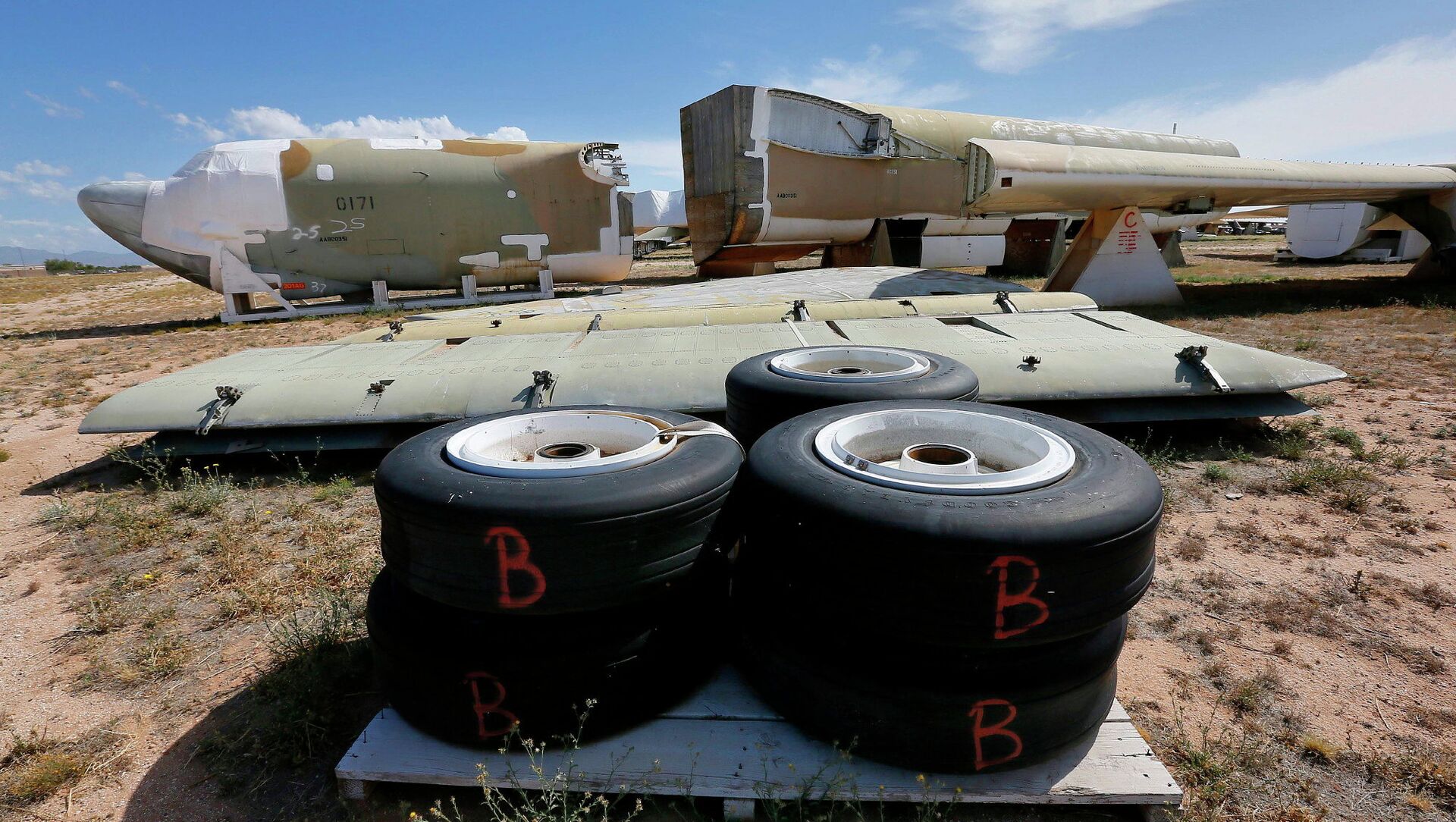"On 3 February 2021 the MFA of Russia and the US Embassy in Moscow exchanged diplomatic notes regarding the completion of internal procedures required for the entry into force of the Agreement to extend the Treaty on Measures for the Further Reduction and Limitation of Strategic Offensive Arms as of 8 April 2010 (New START). Accordingly, this Agreement entered into force on the same day", the ministry said in a statement.
The ministry noted that "the Treaty will remain in effect exactly as it had been signed, without any amendments or additions, until 5 February 2026".
"The telephone conversation between the President of Russia Vladimir Putin and the US President Joseph Biden on 26 January 2021 became key for this development to proceed", it said.
Secretary of State Antony Blinken said in a statement on Wednesday that the administration of US President Joe Biden made the first move toward extending the New Start Treaty with Russia for the next five years.
"Extending the New START Treaty ensures we have verifiable limits on Russian ICBMs, SLBMs, and heavy bombers until 5 February 2026", Blinken said.
Earlier, the Kremlin said that Putin had signed a document to extend the New START for five years.
The New START entered into force on 5 February 2011. It stipulates that each side will reduce its nuclear arsenals so that in seven years and in the future, the total number of weapons does not exceed 700 intercontinental ballistic missiles, ballistic missiles on submarines and heavy bombers, as well as 1,550 warheads and 800 deployed and non-deployed launchers. The New START was set to expire on February 5, 2021.


